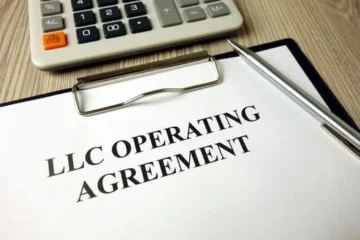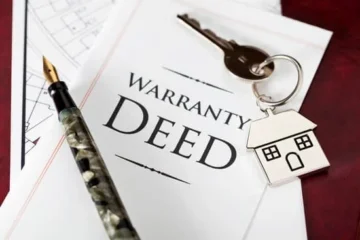Deed Transfers
Recording Deeds Electronically in DC
Once a deed has been signed, sealed and delivered, the transfer from the grantor to the grantee takes place. To protect the grantee’s interest in the property, the deed is recorded with the Land Records office. This provides constructive notice that the property has transferred. By recording the deed, another party is prevented from recording a document (a lien, judgment or even another deed) that could cloud the chain of title. It also provides notice Read more…










